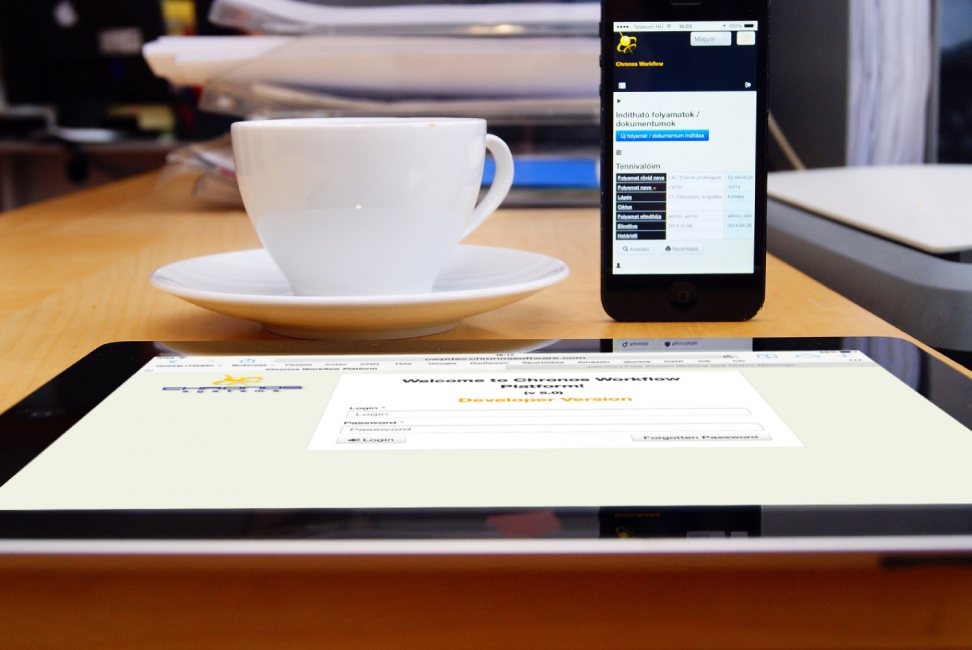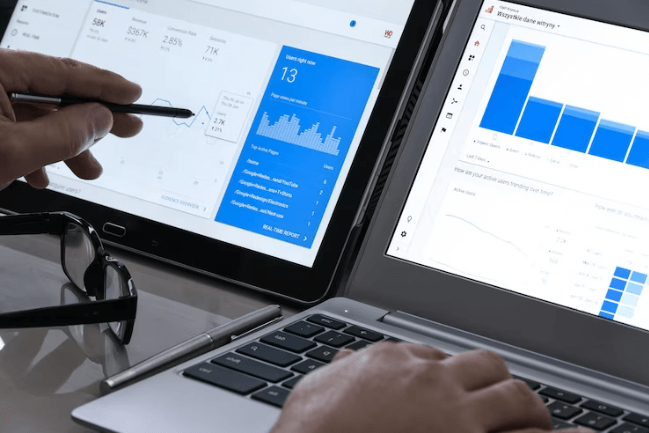In today’s digital age, businesses are increasingly shifting towards electronic solutions for various administrative tasks, including payroll management. One significant aspect of this transition is the adoption of digital paycheck stubs. These electronic documents not only streamline payroll processes but also have a profound impact on the environment. Let’s delve deeper into the environmental implications of digital paycheck stubs and how they contribute to sustainability efforts.
What are digital paycheck stubs?
Digital paycheck stubs, also known as electronic pay stubs or e-stubs, are electronic documents that contain detailed information about an employee’s earnings and deductions. They serve as digital records of an employee’s wages, taxes, and other financial transactions related to their employment.
Importance of digitalization in payroll management
In recent years, businesses have been increasingly digitizing their operations to enhance efficiency, reduce costs, and minimize environmental impact. Payroll management, traditionally a paper-intensive process, has undergone a significant transformation with the advent of real pay stub.
Environmental impact of paper paycheck stubs
The conventional method of distributing paper paycheck stubs has several adverse environmental effects.
Deforestation
The production of paper involves the extraction of raw materials from forests, leading to deforestation and habitat destruction. Forests play a crucial role in carbon sequestration and biodiversity conservation, making deforestation a pressing environmental concern.
Carbon footprint
The manufacturing process of paper products, including paycheck stubs, consumes energy and emits greenhouse gases, contributing to climate change. Additionally, the transportation of paper documents from printing facilities to workplaces further adds to carbon emissions.
Waste generation
Paper Paystub generator free significant amounts of waste, contributing to landfill accumulation. Moreover, the disposal of paper waste often involves incineration or landfilling, both of which have adverse environmental consequences.
Benefits of digital paycheck stubs on the environment
The adoption of digital paycheck stubs offers several environmental benefits compared to their paper counterparts.
Reduction in paper usage
Digital paycheck stubs eliminate the need for paper, thereby reducing the demand for wood pulp and minimizing deforestation. By transitioning to electronic documents, businesses can significantly decrease their paper consumption and environmental footprint.
Lower carbon emissions
Electronic delivery of paycheck stubs eliminates the need for transportation and reduces the associated carbon emissions. Additionally, the energy consumption associated with digital processes is often lower than traditional paper-based methods, further reducing carbon footprint.
Waste reduction
Digital paycheck stubs result in minimal waste generation compared to paper stubs. Employees can access their electronic documents online, eliminating the need for printing and physical distribution. This reduction in paper waste contributes to landfill diversion and conservation of natural resources.
Energy consumption comparison
The energy consumption associated with producing and distributing paper paycheck stubs far exceeds that of digital alternatives.
Advantages of digitalization in payroll management
Apart from the environmental benefits, digital paycheck stubs offer numerous advantages in payroll management.
Cost-effectiveness
Digitalization reduces the costs associated with paper, printing, and distribution, resulting in significant cost savings for businesses. Moreover, electronic processes streamline payroll operations, reducing administrative expenses and improving overall efficiency.
Efficiency and accuracy
Electronic paycheck stubs minimize errors and discrepancies compared to manual paper-based systems. Automated calculations and data management ensure accuracy in wage calculations, tax deductions, and other financial transactions.
Accessibility and convenience
Employees can access their digital paycheck stubs conveniently through online portals or mobile applications. This accessibility allows for timely retrieval of financial information, facilitating better financial planning and management.
Overcoming resistance to digital paycheck stubs
Despite the evident benefits, some employees and employers may resist the transition to digital paycheck stubs due to various concerns.
Employee concerns
Employees may express concerns regarding data security, privacy, and accessibility of electronic documents. Addressing these concerns through robust security measures and comprehensive employee education is essential for successful adoption.
Employer considerations
Employers may face challenges related to regulatory compliance, technological infrastructure, and employee training during the transition to digital payroll systems. Implementing effective strategies and seeking expert guidance can help overcome these hurdles.
Case studies of companies implementing digital paycheck stubs
Several companies have successfully transitioned to digital paycheck stubs, yielding positive outcomes for both the environment and business operations.
Environmental impact assessment
Companies conducting environmental impact assessments have documented significant reductions in paper usage, carbon emissions, and waste generation following the adoption of digital paycheck stubs.
Cost savings analysis
Financial analyses have demonstrated substantial cost savings associated with the implementation of digital payroll systems. These savings result from reduced paper and administrative expenses, as well as improved operational efficiency.
Future trends in payroll management
The future of payroll management lies in continued digitalization and sustainability initiatives.
Integration of digital technologies
Advancements in digital technologies, such as artificial intelligence and blockchain, will further revolutionize payroll management processes. Integration of these technologies will enhance automation, security, and data analytics capabilities.
Sustainability initiatives
Businesses will increasingly prioritize sustainability in their operations, including payroll management. Adopting eco-friendly practices, such as digital paycheck stubs, will become standard practice as organizations strive to minimize their environmental footprint.
Conclusion
Digital paycheck stubs offer a sustainable solution to traditional paper-based payroll processes. By reducing paper usage, carbon emissions, and waste generation, electronic documents contribute to environmental conservation efforts while providing numerous benefits to businesses and employees alike. Embracing digitalization in payroll management is not only environmentally responsible but also economically advantageous in the long run.
FAQs
Are digital paycheck stubs legally acceptable?
Yes, digital paycheck stubs are legally acceptable in most jurisdictions, provided they meet certain requirements for accessibility, security, and authenticity.
Can employees opt-out of receiving digital paycheck stubs?
In many cases, employees have the option to choose between digital and paper paycheck stubs. However, employers may encourage or incentivize the use of electronic documents for environmental and cost-saving reasons.
How secure are digital paycheck stubs?
Digital paycheck stubs are typically stored securely on encrypted servers or cloud-based platforms. Employers implement robust security measures to protect sensitive employee information from unauthorized access or cyber threats.
Have A Look:




